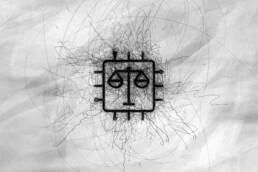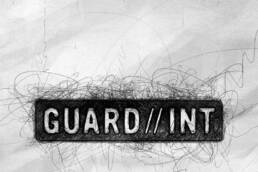7. June 2021
France’s tepid intelligence reform
Draft law to introduce new data analysis capabilities.
14. May 2021
CJEU rulings v. French intelligence legislation
The Conseil d'État deliberately misinterpreted the EU…
23. April 2021
French Council of State discovers the ‘philosopher’s stone’ of data retention
A legal analysis on the Court’s recent ruling.
8. April 2021
France’s police bill: surveillance for the long haul
The French state’s illiberal drift.
1. April 2021
Beyond Europe: the political economy of bulk data collection
South Africa’s mass surveillance ruling offers an…
5. March 2021
GCHQ’s ethical approach to AI: an initial human rights-based response
It’s more than just the Right to Privacy at stake.
1. March 2021
Brexit highlights the EU and UK data protection regimes
The consequences for large-scale intelligence collection…
15. February 2021
A new digital hub for intelligence law and oversight
One searchable database for all documents about…
8. February 2021
The quantum threat: why we need regulation and transparency
The high-stakes game of shaping the internet of tomorrow.










